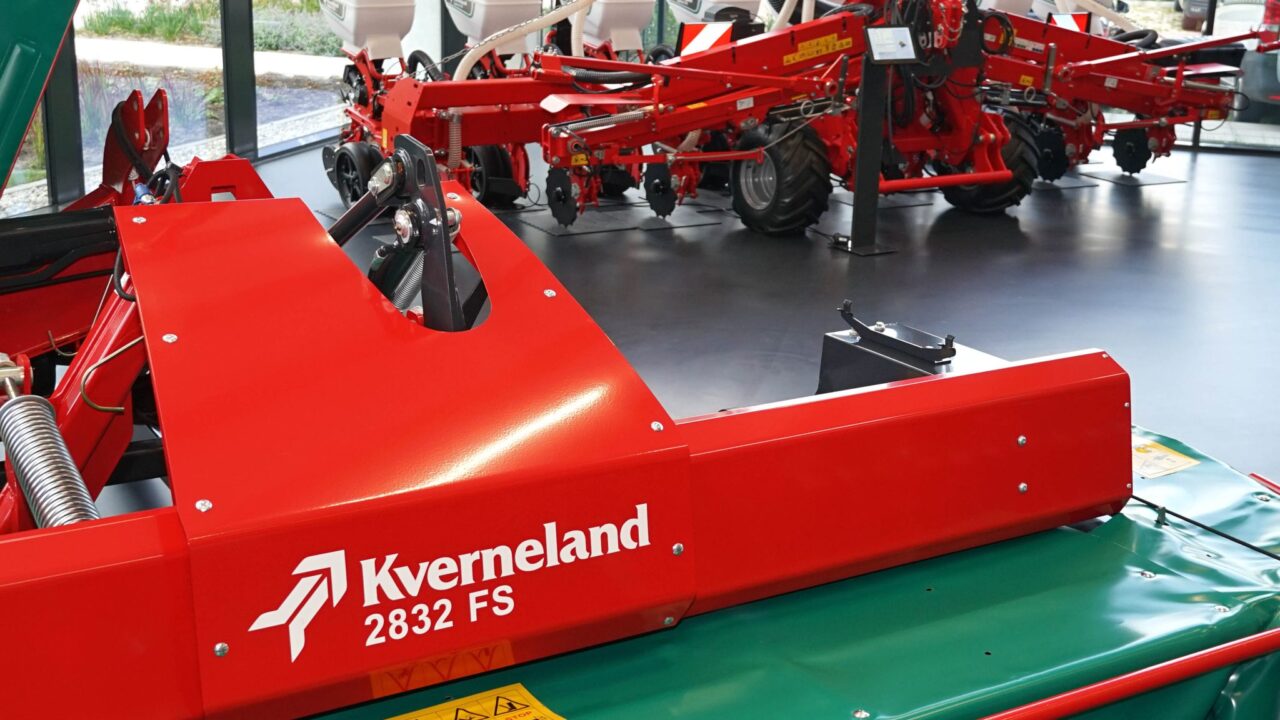The Kverneland Group, led by Norwegian Arild Gjerde as president and CEO, has taken pains to reinforce its commitment to serving the agricultural sector.
This was not because anybody has suggested otherwise, but more to do with the question as to whether the group will be totally subsumed into the Kubota corporation and the name disappear altogether.
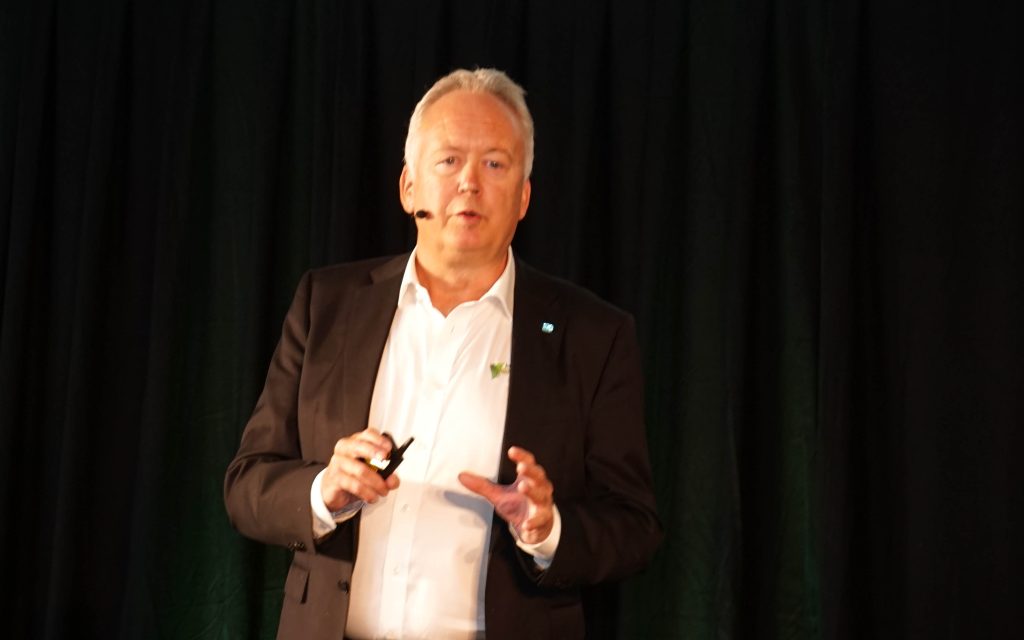
It was made quite clear at the company’s recent press conference in The Netherlands that this was not going to happen, and that the Kverneland Group – with its three major brands, Kverneland, Vicon, and ROC – will continue to operate as a fully integrated but quite independent part of the parent corporation.
Although the Kverneland Group’s machinery also appears in Kubota colours there is no set plan for Kubota to go full line, although natural growth through Kubota dealers will not be discouraged.
Addressing the company’s performance over the last couple of years, Gjerde noted that retail sales have outstripped factory production as dealers have reduced stock, allowing a fresh start with up-to-date machines as the market recovers.
2024 had been a bad year – there is no disguising the fact – yet with a drop of 23% from 2023 the company did not suffer as badly as the big three tractor manufacturers, who all noted falls of around 30% for the same period.
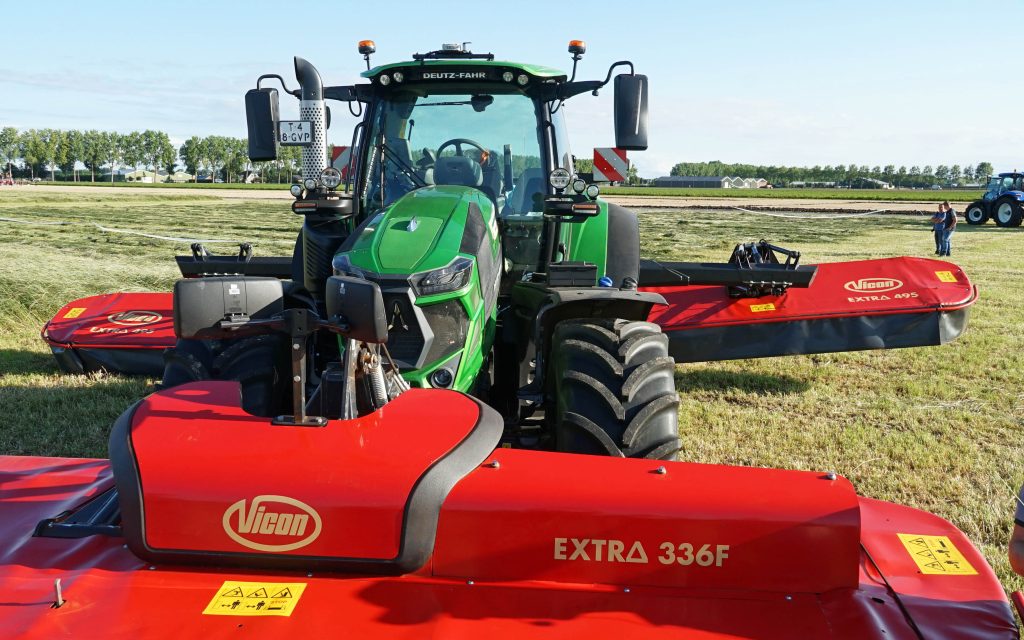
So far this year the uptick in trade has been hesitant at 2.6%, but the company is fully confident that it will return to a healthier level in the mid-term.
When questioned on the energy costs involved in manufacturing in Europe and whether production would be moved to China or India, Gjerde pointed out that post-Covid and the closure of the Suez Canal, Kubota’s strategy was to keep supply chains short.
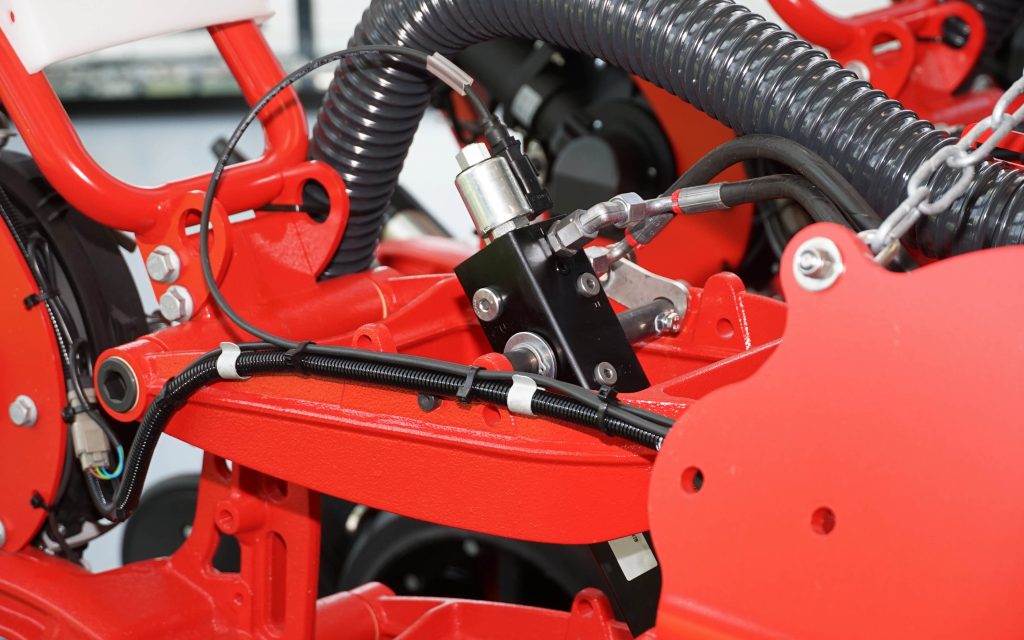
This means that it would become a matter of optimising component supply within the group rather than a wholesale shifting of production to another country with the extended supply lines that such a move would entail.
Shift of focus
Another point that the company itself brought up was that of environmental concerns and what it described as an ‘adjusted political sustainability focus’.
When asked to clarify quite what this meant, Gjerde explained that the EU’s approach to sustainability had morphed from the hammer blow of legislation to a dialogue between the EU and those affected, as it was realised that throwing strident new laws around would not achieve the stated goals.
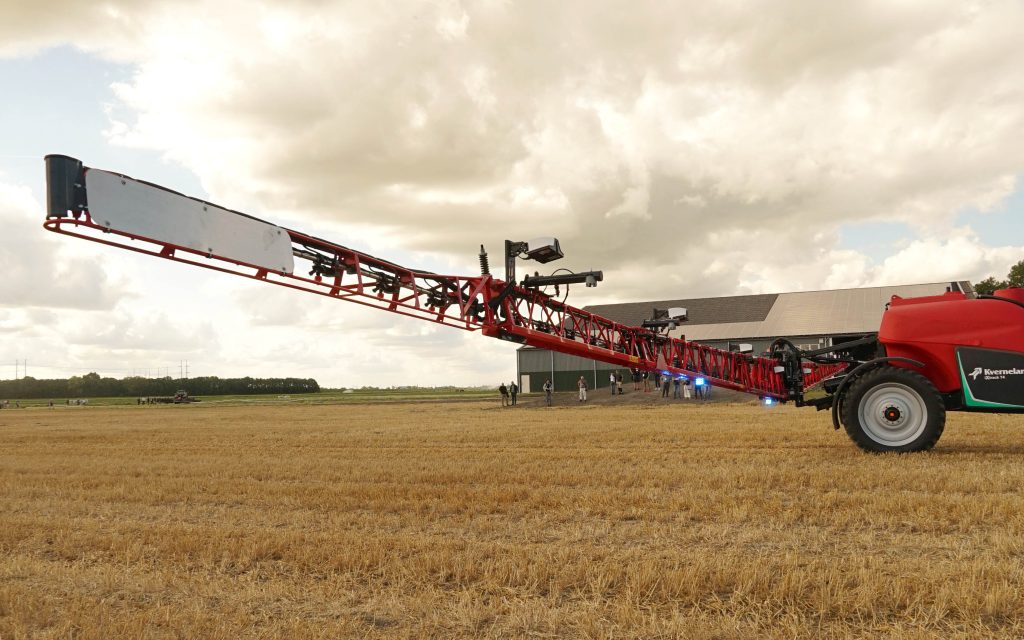
This shift has not been too widely broadcast, but could well account for the reduced emphasis on climate matters that was noticeable during the two days.
Altogether, the Kverneland Group set out to reassure the farming community that it is connected to agriculture and intends to continue working with farmers to provide the effective and efficient machinery they need in an ever evolving world.
